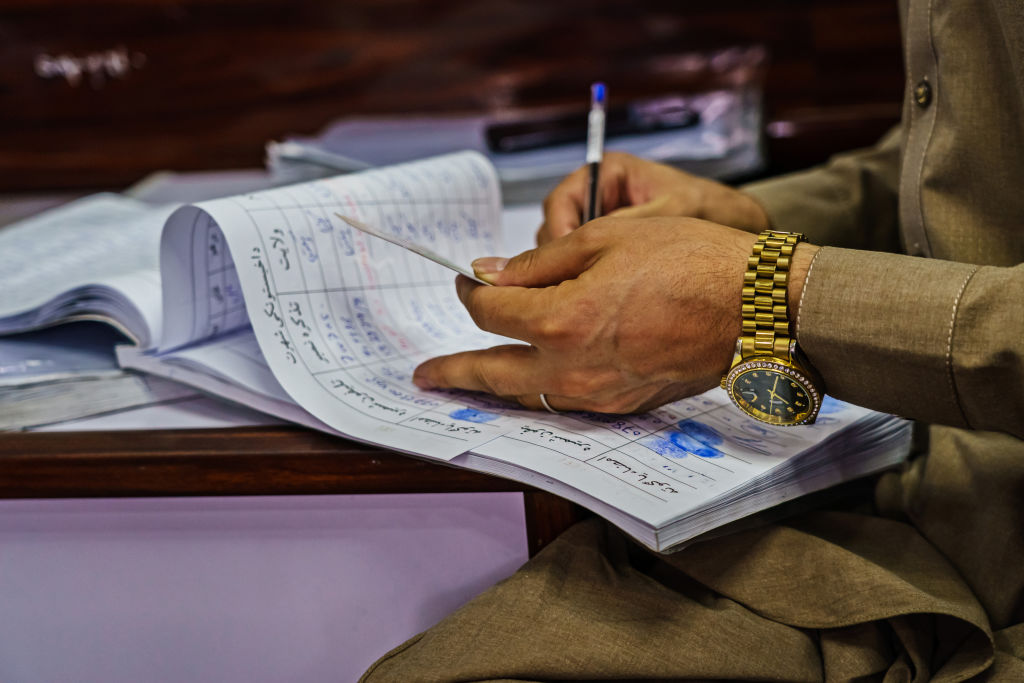The Islamic State’s branch in Somalia has built a broad-based network of financing options, all of them aimed at providing the group with as much as $360,000 per month, despite the government’s attempts to disrupt its funding stream.
The Somalia Financial Reporting Center (FRC) tracked more than 100 transactions tied to funding terrorists in 2024, but experts say that figure is likely only a fraction of the total number of transactions. Some of those transactions were connected to real estate purchases in Kenya.
“Despite the challenges we have faced, we are committed to continuing our efforts,” the Reporting Center’s director, Amina M. Ali, wrote in the center’s most recent report. “As we move forward, the FRC will continue to innovate and strengthen our defenses against financial crimes.”
The center relies on banks, other financial institutions and civilians to report any suspected terrorist financing and money laundering.
When it comes to IS-Somalia, Somali authorities are fighting a multiheaded enemy. According to the United Nations, IS-Somalia generates more than $4 million a year from a variety of sources including extortion, illegal taxation, rustling, weapons trafficking, cryptocurrency, and even a digital form of hawala.
Until this year, all that money flowed through the hands of Abdiweli Mohamed Yusuf, IS-Somalia’s de facto treasurer. He was captured in Puntland in July.
Hawala is an informal system for transferring money from place to place without using international banking systems. It has a long history of being used by terrorists to move money without alerting law enforcement. Of all the methods of financing IS-Somalia’s operations, digital hawala is the newest. The system uses a mobile phone app, Sifalo Pay, rather than traditional human brokers on either end of the transaction.
“While convenient for millions of ordinary Somalis, this system has also been exploited by criminals and terrorist financiers,” the Horn Observer wrote recently.
IS-Somalia’s digital hawala network came to light recently when security forces in Puntland drove IS fighters from their stronghold in the Cal Miskaad mountains at the northern tip of the country. In the caves where the fighters lived, Puntland authorities found a trove of material related to IS-Somalia’s financial operations. The group has become a key player in the Islamic State’s international funding stream that fuels terror groups across Africa. During their investigation, Puntland authorities learned that IS had ordered its operatives in Djibouti, Ethiopia and Somalia to use Sifalo Pay to launder millions of dollars in less than six months.
The fight against IS-Somalia’s financial operations extends beyond Somalia’s borders. In August, the National Bank of Ethiopia identified four other apps that it believes have become tools for IS-Somalia and other terror groups to move money. The bank urged its customers to stop using those apps out of concern that they could be targeted as potential terrorists and their money confiscated. Sending or receiving money through unlicensed providers is illegal under Ethiopian law.
“The public is strongly urged to remit funds exclusively through these licensed institutions to ensure security, compliance, and protection from legal consequences,” the bank said.

